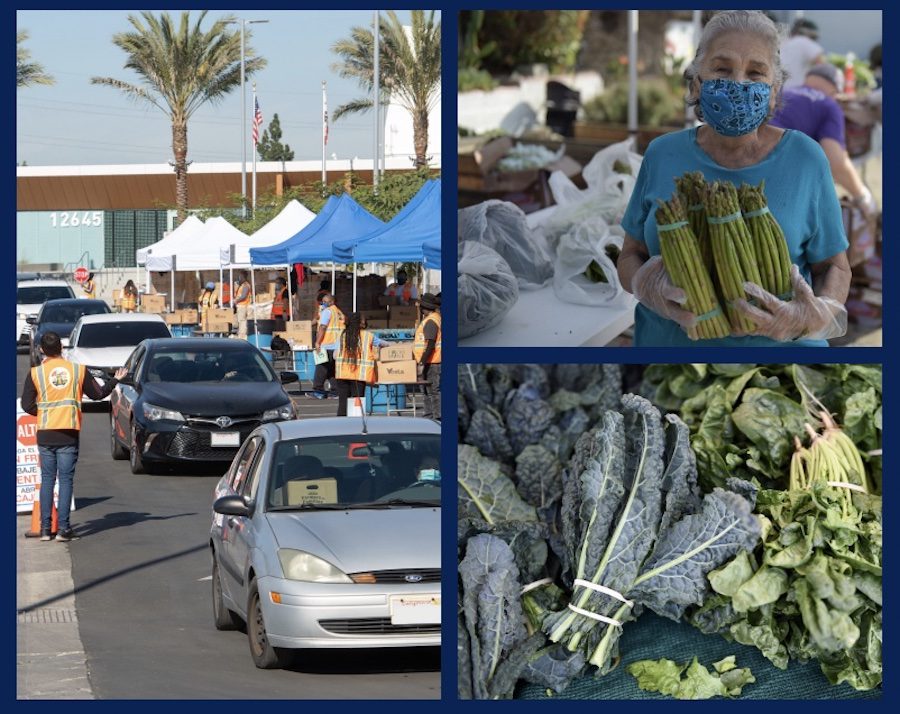“Los Angeles County is committed to addressing the disparities in our communities that have only deepened as a result of the challenges we’ve faced over the past few years,” said Holly J. Mitchell, chairman of the Los Angeles County Board of Supervisors, representing the Second Supervisorial District. “In early 2020, we created the Los Angeles County Food Justice Roundtable to implement cross-sector solutions for food security and nutrition with a focus on underserved communities. Together, we will build a fairer and more equitable food system.”
According to the 2018 Los Angeles County Health Survey:
– Among Los Angeles County households with incomes below 300% of the federal poverty level (incomes of less than $73,000 per year for a family of four), 26.8%, or 516,000 households, were food insecure security.
– Among those living in food insecure households, 67.3% were Hispanic, 13.9% were White, 11.9% were African American, and 6.2% were Asian.
– The prevalence of obesity (36.9%), type 2 diabetes (17%), hypertension (30.4%), high cholesterol (30.4%), and depression (23.9%) was higher among adults living in malnourished households than in those living on food. secure households (29.6%, 11.8%, 24.2%, 25.6% and 8.4% respectively).
“Food justice is the belief that everyone—regardless of race, income, gender, or national origin—has the right to access fresh, healthy, and affordable food,” said Barbara Ferrer, Ph.D., MPH, MEd, director of the Los Angeles County Department of Health. “Unfortunately, we know that those experiencing food insecurity in Los Angeles County are disproportionately low-income and people of color. Lack of access to affordable, healthy food reflects a set of policies, systems and practices, many rooted in structural racism, that perpetuate significant disadvantage for some communities. Without deliberate intervention and collective action to change our food systems and anthropogenic environment, it will be difficult to ensure food justice.”
Public Health implements many programs aimed at food safety and nutrition security with an emphasis on equity, including Market Match programs and food vouchers funded through the American Rescue Plan Act. These programs focus on areas that have historically been crossed out, areas with high concentrations of disadvantage, communities with low English proficiency, and communities with high CalFresh burdens.
Speakers and panelists at the Food Day Summit included leaders from the political, nonprofit and public sectors working to create a healthier, more equitable and sustainable food system. Discussions centered around the practical application of food justice, challenges in achieving food justice, and strategies that have been successful.

